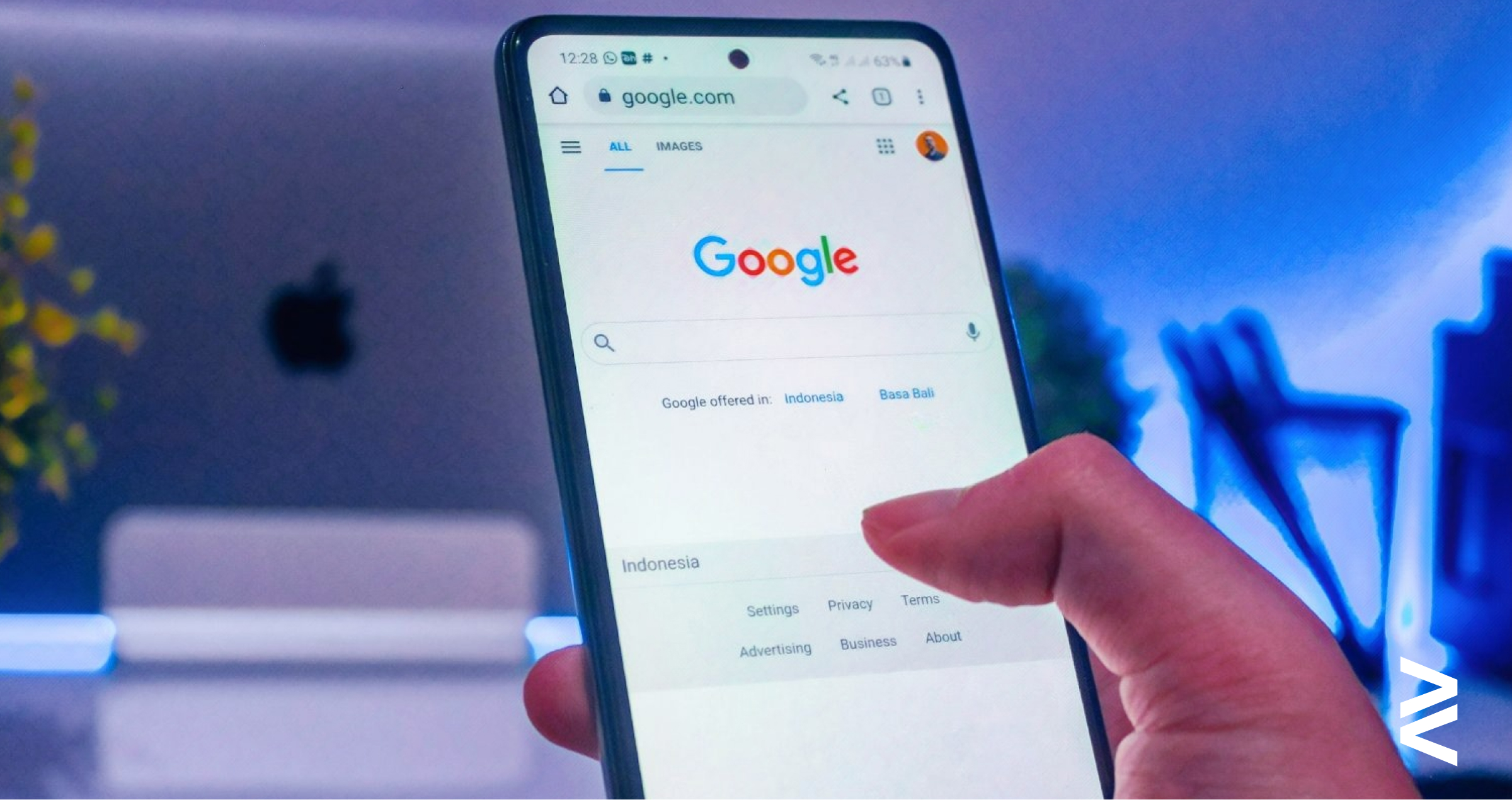$(function() {
$('inputfield').on('keypress', function(e){
if(e.keyCode == '13'){
// enter pressed
e.preventDefault();
$('.search-button').trigger('click');
}
});
});

“Google Zero,” the search engine apocalypse that looms in the not-so-distant future, is threatening to completely upend how digital marketing operates and publishers, brands and agencies are rapidly preparing for this inevitability.
“There’s an open question about what distribution means when search goes away. That’s the big unknown,” says Brian Morrissey, formally the president and editor-in-chief of Digiday. Now he runs The Rebooting, a newsletter and podcast focusing on the future of media during enormous upheaval.
Google Zero is the term the industry has settled on for what happens when internet users completely shift to using A.I. agents to obtain information and stop viewing the Google search results page. The Google search page has been a focal point of digital media since the industry’s inception, with marketers and publishers vying to be at the top of Google’s search results. Now that it appears traditional search will soon go away, all parts of the digital media ecosystem are trying to adjust their business models to adapt.
Digital publishers are in the most precarious position, says Morrissey, as many have relied on search engine referrals to bring traffic to their sites. The situation is especially dire for publishers with lucrative commerce businesses that involve generating affiliate marketing revenue from product recommendations, he adds.
“The commerce business quietly became a really important part of publisher revenue strategies. While it might have been a small percentage of overall revenue, the margins were far better than of their other revenue streams, and that’s hard to say goodbye to,” Morrissey says. “It was a mini cash machine. Publishers were making money constantly.”
Most of the traffic to commerce pages comes by way of search, and Google Zero will send that traffic and that revenue stream, to, well, zero. The loss of this passive revenue stream is why many publishers have signed licensing deals with A.I. companies, providing the A.I. agents with accurate, up-to-date reporting in exchange for a fee.
Brands are in a better position to weather the transition, however, according to experts. Yes, brands, particularly direct-to-consumers brands and brands that rely heavily on performance marketing, will have to rethink their approach to search engine optimization. But search isn’t going away so much as it is transitioning from static results pages to generative A.I. agents. So SEO will become GEO, generative engine optimization.
David Berkowitz, a longtime ad agency executive and founder of the AI Marketers’ Guild, says data will be the currency of GEO, and brands will need to make sure data about their products is readily available to A.I. agents.
“A lot of the 'window shopping' online will happen from consumers chatting with AI and not visiting the retailers' sites, or third-party review sites. As this behavior evolves, consumers will use a mix of passive and active agents. Brand preference will still matter; consumers whose agents fetch five different brands will likely purchase one of the ones they already know.”
Berkowitz predicts that conversion rates will actually increase for brands in the Google Zero era, as A.I. agents will be more effective at matching consumers’ shopping preferences with the brands they are most likely to buy.
“The search landscape is definitely changing, but SEO isn’t dying, we’re just optimizing for something different,” Jen Cornwell, senior director of AI SEO, innovation and growth at Tinuiti, a performance marketing agency, tells The Outcome. “We're reshaping our SEO program to focus on influence and visibility in a world where there's no traditional SERP. That means things like developing content that's in the best format for these models, implementing advanced structured data to help with recognition, and rethinking traditional KPIs to track things like brand inclusion, and brand sentiment.”
It’s distressing to think the Google results page, once the most prized real estate in all of digital marketing, will someday soon be worthless — a ghost city that was once a gold mining boom town. But even Google acknowledges this reality, as the company has been pouring more resources into its own A.I. agent. That Google is willing to cannibalize its core business is telling.
Google Zero is coming for us all; how the industry will reinvent itself is the burning question.